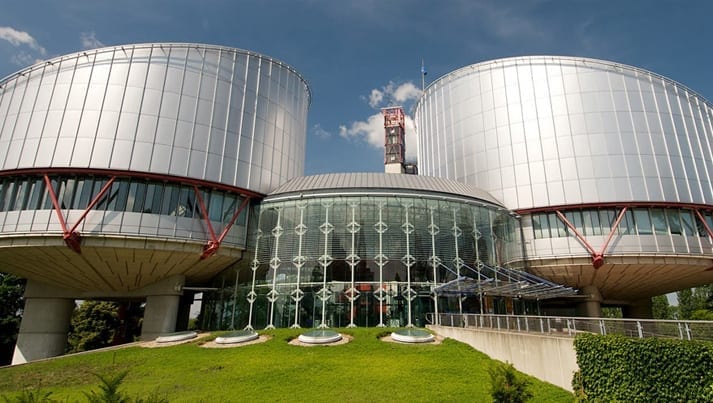Croatia is Condemned by European Social Rights Body for Homophobic School Text Books
(PRESS RELEASE) The European Committee of Social Rights, which monitors state compliance with the European Social Charter, has found that Croatia’s limited curriculum covering sex education discriminates on the basis of sexual orientation. The Committee stated that the state has an obligation to ensure that educational materials do not reinforce demeaning stereotypes and perpetuate forms of prejudice which contribute to social exclusion, embedded discrimination, and denial of human dignity. The Committee noted that statements found in the curriculum “…stigmatize homosexuals and are based upon negative, distorted, reprehensible and degrading stereotypes….”
INTERIGHTS, the International Centre for the Legal Protection of Human Rights, in collaboration with the Center for Reproductive Rights and Center for Education, Counseling, and Research (CESI) filed the case against Croatia in October 2007.
Iain Byrne, Senior Lawyer for INTERIGHTS said, “This decision sends a strong signal to all European countries that they must not promote homophobia in the classroom. Young people need to be made aware that the LGBT community has the right to equal treatment and respect.”
The complaint alleged that one of the country’s state-sponsored sex education programs TeenStar violated young people’s basic rights to health and non-discrimination. TeenStar’s abstinence-based curriculum teaches that condoms do not prevent HIV and other sexually transmitted infections, that gay relationships are “deviant,” and that stay-at-home mothers make for better families. The complaint also addressed the lack of a comprehensive mandatory sexuality education curriculum, as required by Article 11 of the European Social Charter.
In its decision, the Committee stated that governments that have signed the European Social Charter are obliged to provide scientifically-based and non-discriminatory sex education to youth that does not involve censoring, withholding, or intentionally misrepresenting information such as on contraception. The Committee recommended that such education be provided throughout the entire period of schooling. It stated that sexual and reproductive health education should be aimed at developing the capacity of children and young people to understand their sexuality in its biological and cultural dimensions with the aim of enabling them to make responsible decisions with regard to sexual and reproductive health behavior.
“This is an extremely important decision because it is the first time that an international human rights body has addressed a complaint on the issue of sex education in schools and articulated detailed standards on countries’ obligation to provide accurate and science-based sex-education,” said Christina Zampas, regional manager and senior legal adviser for Europe at the Center for Reproductive Rights. While the Committee found some content of TeenStar problematic, it did not address whether Croatia is in breach of its Charter obligations by allowing it to be taught in school, on the grounds that the course is elective and not mandatory. The committee did, however, reaffirm that any elective courses must remain objective and respect human rights.
Croatia had considered making a TeenStar-based program mandatory, but dropped the plan in December 2008 after the Charter complaint resulted in widespread criticism.
Croatia currently has no mandatory comprehensive sex-education program. The Committee, whilst noting that the number of hours and the information taught in the existing program are limited, did not deem them as “sufficiently deficient” based on the ground that pregnancy and sexually transmitted infection rates among Croatian teens are generally not worse than in other European countries.
“In accordance with the Committee’s standards on sex education, CESI and its partners will continue to pursue, for the health, rights and well-being of Croatia’s youth, a sex education program that is comprehensive, mandatory, non-discriminatory and that is evidence-based” said Sanja Cesar, Program Manager of CESI, a feminist organization based in Zagreb, Croatia.
Learn more about the case Interights v. Croatia>,
Read the decision from the European Committee of Social Rights>,
____________________________________
CRR Contact:
Dionne Scott, Senior Press Officer
(+1 917) 637-3649
[email protected]
INTERIGHTS Contact:
Iain Byrne, Senior Lawyer, Economic and Social Rights Programme
+44 207 843 0483
[email protected]
CESI Contact:
Sanja Cesar, Programme Manager
+385 (0)1 24 22 800
[email protected]


